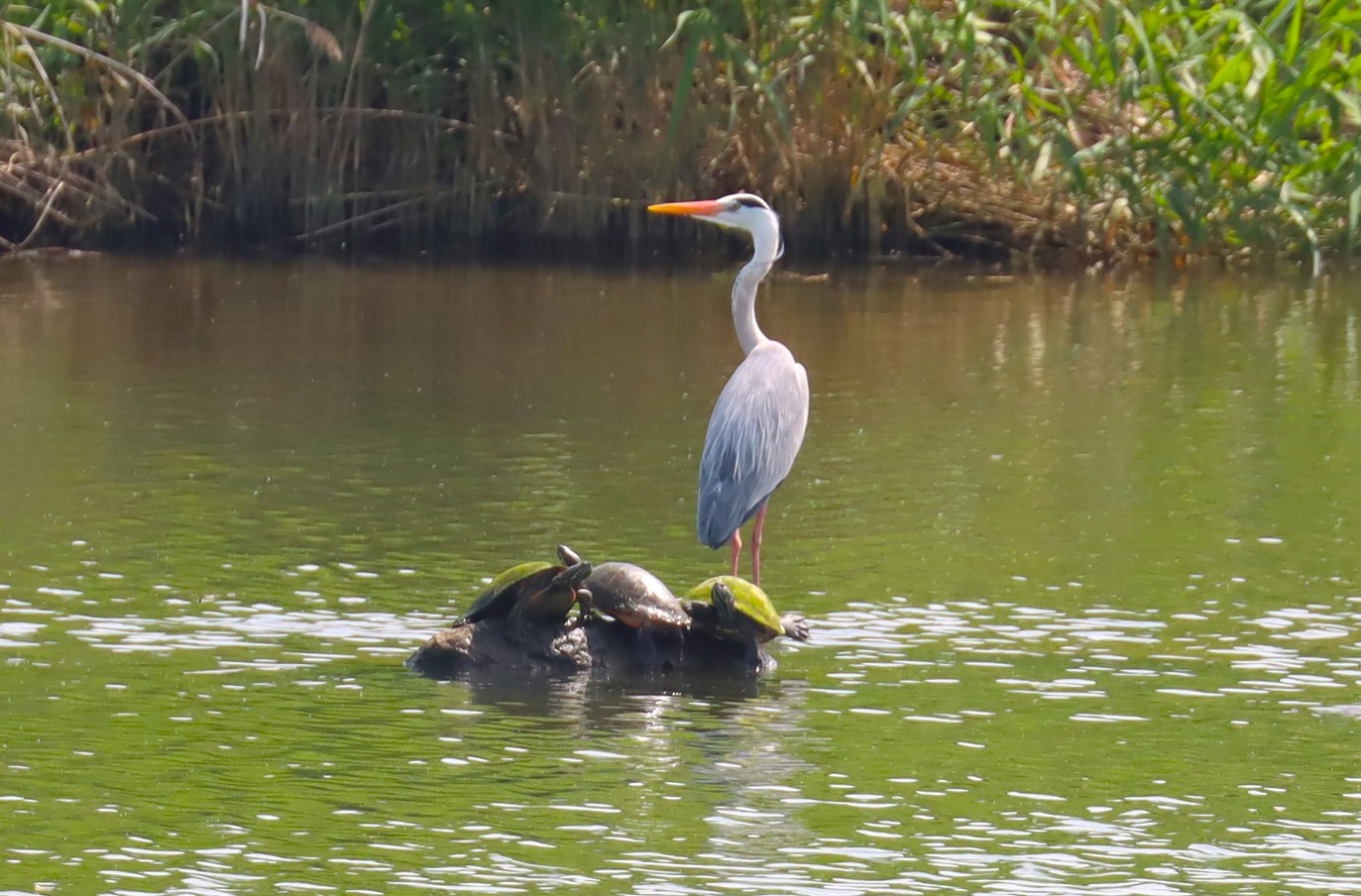| 일 | 월 | 화 | 수 | 목 | 금 | 토 |
|---|---|---|---|---|---|---|
| 1 | 2 | 3 | 4 | 5 | ||
| 6 | 7 | 8 | 9 | 10 | 11 | 12 |
| 13 | 14 | 15 | 16 | 17 | 18 | 19 |
| 20 | 21 | 22 | 23 | 24 | 25 | 26 |
| 27 | 28 | 29 | 30 | 31 |
- 태화강의 여름 풍경.
- 태화강의 겨울 동물
- 태화강의 해오라기떼
- 태화강 수달
- 태화강의 백로떼
- 튜립나무꽃
- 문주란 꽃
- 태화강 국가정원
- 태화강국가정원
- 태화강국가정원의 억새숲
- 태화강 누치떼
- 태화강국가정원의가을
- 태화강 억새숲 국가정원 코스모스꽃
- 태화강 국가정원 국화원
- 태화강의 봄풍경. 태화강 국가정원의 봄
- 태화강 해오라기
- 태화강 잉어산란
- 태화강 국가정원 봄꽃축제
- 태화강의 여름풍경
- 태화강
- 태화강국가정원 봄꽃축제
- 태화강 해오라기.
- 오블완
- 태화강 국가정원의 여름풍경
- 티스토리챌린지
- 흰날개 해오라기.
- 태화강국가정원의 가을.
- 왜가리떼
- 태화강 국가정원의 겨울풍경
- 태화강의 여름조류.
- Today
- Total
바람따라 구름따라
Pallas 고양이 품종에 대한 7가지 사실 본문
Pallas 고양이 품종에 대한 7가지 사실

Manul 또는 Pallas고양이는 중앙아시아의 초지와 산간건조지대에 점점이 분포하는 작은 들고양이다. 학명은 Otocolobus manul. 서식지
파괴 및 먹이 감소에 영향을 받고 있으며 2002년 IUCN 적색목록에서 "취약근접"으로 분류되었다. 얼굴이 둥글고 털북숭이다.
팔라스의 고양이는 크고 무거워 보인다. 사실, 야생 고양이는 대부분의 가내 고양이보다 질량과 크기가 크다. 생후 8개월째 젊은 Manul의 무게는 거의 5kg이 넘는다. 새끼 고양이의 무게는 100g이다.
Pallas의 고양이 품종에 대한 7가지 사실

1.Low weight
Pallas' cat only seems large and heavy. In fact, wild cats are comparable in mass and size to most domestic cats. At the 8th month of life, a young manul rarely weighs more than 5 kg. Kittens weigh 100 grams apiece.

2. "Fluffiness"
As noted above, the Pallas' cat seems large and heavy. In fact, the first impression is deceiving, since wild cats have a very fluffy coat. Pallas' cat has the thickest fur among cats on planet Earth. There are up to 9 thousand hairs per 1 cm2 of the skin of "Otocolobus manul".

3. Time to get fat
Like many other wild animals, the Pallas' cat is forced to gain "extra" weight before the start of the winter season. For this, the animal actively hunts and devours everything that moves and squeaks during the fall. Thick fur alone, without the help of a dense layer of fat, is not able to provide Pallas' cat with survival at -50 Celsius.

4. Graceful chameleon
Due to its fluffiness and rather short legs, the Pallas' cat does not seem to be terribly agile. Interestingly, Otocolobus manul does have some problems with overcoming snow. However, the specific color of the cat's fur allows him to camouflage himself on the ground, and the reaction and strength of the wild cat is more than enough to "fill up" and strangle a squeaking or chirping breakfast.

5. Without a fixed place of residence
Pallas' cat constantly change their place of residence, although during the migration from place to place, "Otocolobus manul" from time to time settle down to sleep and rest in the most unpredictable places. Most often, manuls settle between stones. Less often, they can choose the refuge of some smaller animal, which the cat had previously turned into saving calories during the hunt.

6. “Who are you? I didn't call you. Go ... "
Pallas' cat has practically no enemies in the wild. In fact, the only, main and worst enemy of "Otocolobus manul" is man. First of all, poachers who hunt Pallas' cat because of its fur, as well as out of a desire to capture and sell a cat on the black market. Unfortunately, sometimes people kill Pallas' cat without even knowing about it. From time to time, wild cats are poisoned in the fields by agricultural chemicals.

7. Big family
Today in zoos around the world there are about 150 Pallas' cat. Interestingly, they are all related to each other. Soviet scientists made a great contribution to the study of Pallas' cat. What is really there, it is "Otocolobus manul" that is the official symbol of the Russian center for the reproduction of rare animals. Pallas' cat, born in Novosibirsk, live today, including in zoos in Poznan, Tallinn, Zurich.
'동 식물' 카테고리의 다른 글
| 두얼굴을 가진 Chimera고양이 Geri (0) | 2022.01.01 |
|---|---|
| 놀라운 Miniature Paper Cut Birds 30 (0) | 2021.12.30 |
| 러시아 야생동물 사진작가가 찍은 북극곰 (0) | 2021.12.22 |
| 전문 사진작가 촬영 최고의 조류사진 58 (0) | 2021.12.21 |
| 야생동물 Miniature 종이절단 Artworks (0) | 2021.12.18 |





